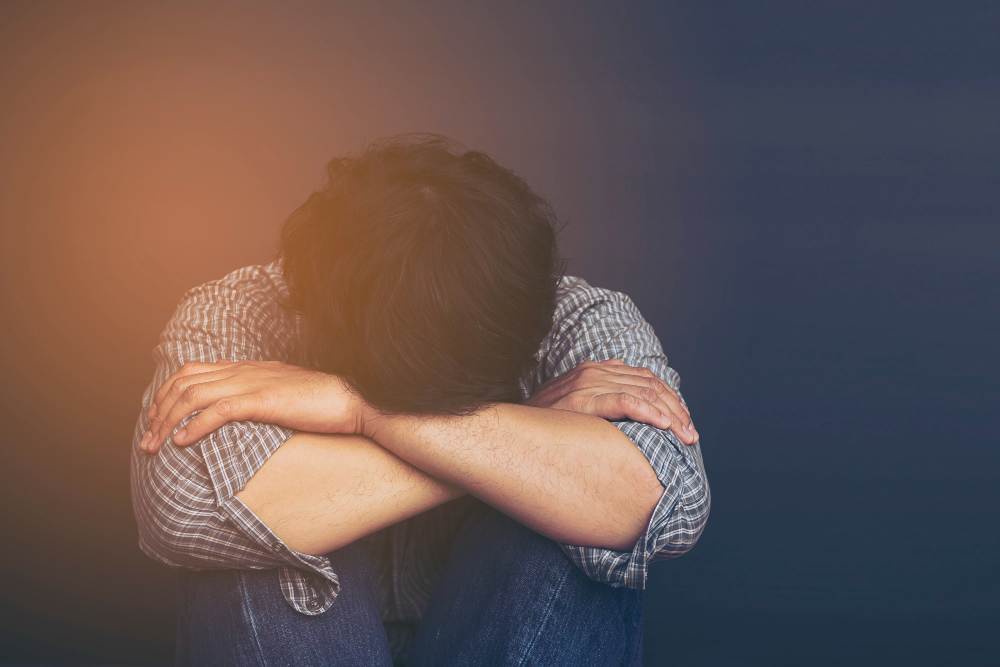Now Reading: The Key Differences Between the Adult and the Juvenile Justice System
-
01
The Key Differences Between the Adult and the Juvenile Justice System

The Key Differences Between the Adult and the Juvenile Justice System
Lawbreaking behaviors at different ages are handled differently by the court. This means that crimes committed by adults are treated much differently from those committed by minors.
According to a 2020 report, nearly 500,000 juveniles were arrested in the United States. This statistic emphasizes the need to have a distinct system tailored to young offenders. These differences between the adult and juvenile criminal processes reflect a broader societal belief that young people have a greater capacity for change and deserve a chance to reform.
By understanding these distinctions, we can better appreciate the complexities of the justice system and the importance of tailoring our approach to meet the needs of different age groups.
The Adult Justice System
The adult justice system is designed to address crimes committed by individuals who are legally considered adults, typically focusing on punishment and deterrence. This system involves several stages, including arrest, prosecution, trial, and sentencing, where offenders may face penalties such as fines, probation, incarceration, or even the death penalty, depending on the severity of the crime. A strict set of procedural rules governs the process to ensure fair treatment and uphold legal rights, balancing the interests of society and the individual.
The Juvenile Justice System
The juvenile justice system is designed to handle legal matters involving minors who have been accused of committing a crime. This system operates separately from the adult criminal justice system, focusing on rehabilitation rather than punishment. It aims to address the underlying issues that contribute to delinquent behavior, such as family problems, substance abuse, or educational challenges. Interventions often include counseling, education programs, community service, and probation, tailored to the developmental needs of young offenders. The goal is to help juveniles reintegrate into society as productive and responsible individuals, reducing the likelihood of future criminal behavior.
Differences Between the Adult and the Juvenile Justice System
Arrest and Detention
When an adult is arrested, they are taken to jail and must go through a bail process. If they cannot post bail, they remain in jail until their trial. Juveniles, however, are typically taken to a juvenile detention center. The decision to detain a juvenile often considers factors like the severity of the offense and the minor’s home environment.
Court Proceedings
Adult offenders go through a more formal and public court process, which includes arraignment, pretrial hearings, and a trial by jury. The adult system is adversarial, meaning that the prosecution and defense are opponents, each trying to win their case. Juveniles, on the other hand, have a more informal and private court process. There is no jury; instead, a judge decides the case. The juvenile system is designed to be more cooperative, focusing on the best interests of the minor.
Sentencing and Consequences
Sentencing in the adult justice system can be severe, including long-term imprisonment, hefty fines, and even the death penalty in some states. These punishments are intended to be proportionate to the crime committed and serve as a deterrent to others. In contrast, the juvenile justice system offers more lenient and varied sentencing options. Sentences may include probation, community service, counseling, or placement in a juvenile facility. The focus is on providing support and education to help the juvenile avoid future offenses.
Rights and Protections
Adults in the criminal justice system have a range of constitutional rights, including the right to a speedy trial, the right to legal representation, and protection against self-incrimination. These rights ensure that the legal process is fair and just. Juveniles also have rights, but these are tailored to their age and development. They have the right to legal counsel, the right to notice of charges, and the right to confront witnesses. Additionally, the juvenile system emphasizes protecting the minor’s welfare and best interests throughout the legal process.
Rehabilitation Programs
While there are some rehabilitation programs available to adults, such as drug treatment programs and educational courses, these are less common and less emphasized than punishment. Participation in such programs is often voluntary and may depend on the resources available within the prison system. Rehabilitation is at the heart of the juvenile justice system. Programs are designed to address the underlying issues that contribute to delinquent behavior, such as family problems, substance abuse, or mental health issues. Juveniles may receive therapy, attend school, and participate in skill-building activities while in the system.










